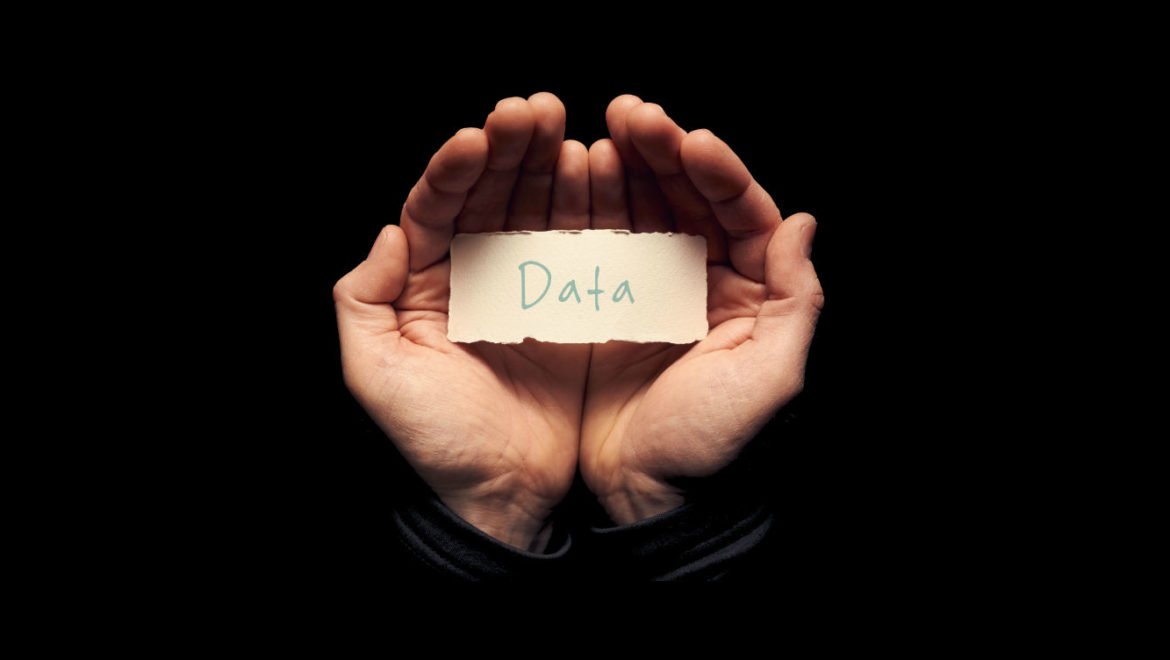The introduction of GDPR should not be seen as a burden for companies but rather as an opportunity to review all the data governance policies that are in place. Companies should be able to find the right balance between GDPR and their data governance structure.
Companies could create a competitive edge by not only addressing how they manage the personal data but for all the data they hold. If companies get it right, they could discover new business opportunities waiting to be exploited.
As we all know by now, the GDPR gives every EU citizen the right to know and decide how their personal data is being used, stored, protected, transferred and deleted.
Those companies that put data privacy at the forefront of their business strategy would be the ones who are clearly and efficiently managing their customer data in a fair and transparent way. Hence giving them the competitive edge based on privacy.
One of the requirements of GDPR is to document what personal data is held, where it came from and who is it shared with. By really understanding the data they hold, companies could be made aware of the data they can gather, as well as analyse and apply this data to boost sales or marketing efforts.
Companies should ensure that their data governance structure will support the GDPR requirements. Policies and procedures need to be created or re-assessed to help keep corporate data consistent and ensure that it meets the information needs of business users. It is also an opportunity to review data management practices.
The GDPR requirements combined with a robust data governance structure could give organisations the opportunity to become a data-driven company based on building tools, abilities, and a culture that acts on data hence really making an internal transformation around data.


